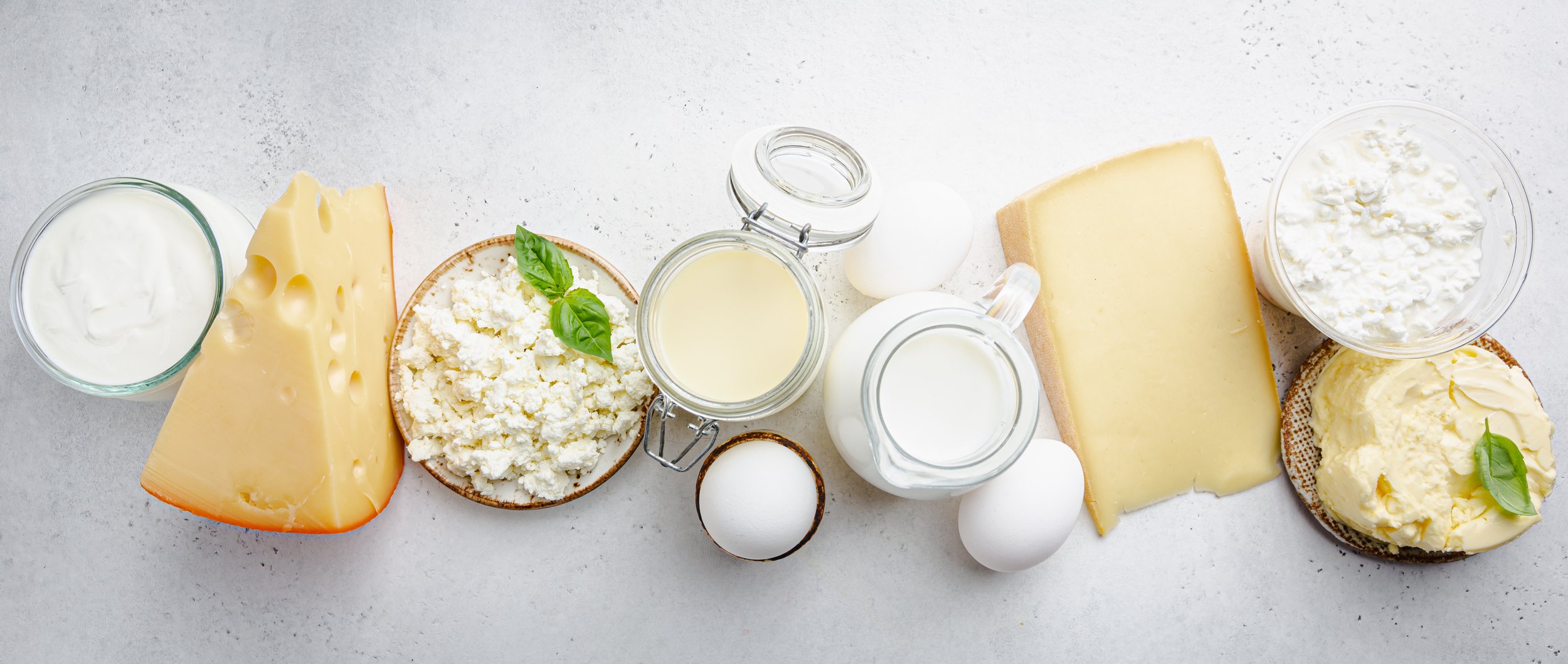The Dangers of Dairy
If you had a dime for every time your mama told you to drink your milk, right? So why does Professional Weight Management recommend that you limit dairy while on one of our weight loss plans? The simplest answer is that decades of experience have proven to us that the pounds drop off faster when dairy plays no more than a supporting role to a diet rich in lean meats and lots of vegetables. But we’ve also identified some solid reasons for skipping the milk:
Dairy Can Cause Bloating:
Along with the more unpleasant side effects of bloating, such as unwanted gas, dairy can cause an uncomfortable sense of fullness. And while you’re trying to appear slimmer, that bloated feeling can be discouraging and lead you to wonder if your slacks will ever feel like they fit again. Nobody needs that extra challenge to their confidence.
The reason for the bloating is our inability to properly digest dairy products. If you don’t personally struggle with dairy, congratulations because you’re in the minority. According to the U.S. National Library of Medicine, about 65% of us do. The culprit normally is lactase, an enzyme calves have in their system to process cow’s milk but that humans typically lack, making them lactose intolerant. Some research suggests the intolerance may often be due to A1 beta-casein, one of the proteins in milk, and some dairies have selected their herd to minimize that specific protein. Milk from these dairies is labeled A2 and may be available in your local grocery store.
Dairy Is High In Saturated Fat:
If you do choose dairy products, look for the words “skim” or “low fat” on the labels, but be cautious because some products will attempt to replace the missing flavor with additional salt or sugar. Unfortunately for our waistlines, the fat in milk, just like the fat in other food products, has the ability to amplify flavor and increase our enjoyment of foods. Even worse, scientists tell us the human tongue contains receptors specialized for tasting fat and those receptors have a direct line to the dopamine in our brains. In other words, when we eat or drink something fatty, our brains release a happy hormone. No wonder we love fat so.
Just to keep us confused, some recent studies, including a 2020 study in The New England Journal of Medicine, find few nutritional benefits to choosing low-fat dairy over whole dairy. The good news is that the nutrition in dairy can be replaced by choosing other less controversial products.
Your Nutrition Can Be Balanced Without Dairy:
We traditionally think of calcium when we think of dairy, but it is also a good source of protein, Vitamin D, Vitamin B12 and potassium. Professional Weight Management offers high quality supplements to ensure your body is fed with it’s daily nutritional requirements. In addition, we recommend the following substitutes to deliver those nutritional needs:
Calcium: leafy greens, sardines, tofu, seeds
Protein: lean meats, fish, lentils, quinoa, chickpeas, nuts (limited due to fat content)
Vitamin D: Fish, mushrooms, eggs, fortified products
Vitamin B12: Fish, lean meats, eggs, beans, peas, nuts
Potassium: Tuna, broccoli, lean chicken breast, sweet potato, beets
Here is Professional Weight Management owner Tammi on limiting dairy products:
Tammi and the team answer your question on why to limit dairy on your weight loss plan


